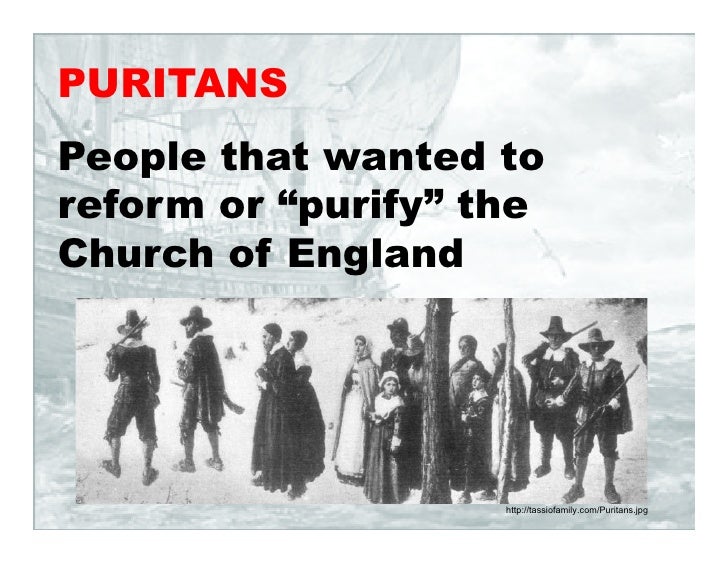English Reformation
Comment
Spring 2021
Created: 2021-01-23 Sat 11:29
Table of Contents
Reformation in England
- See here for a talk on Anglicanism I gave at the local Oratory
- Placher disputes that Henry VIII "started" Anglican church
- tradition of reform went back a century or more
- Thomas Cranmer as Archbishop was the prime mover –
- particularly in focus on worship and The Book of Common Prayer (together with the later emerging King James Bible)
- Lex orandi, lex credendi is a fundamental character of Anglicanism (relation between worship and belief)
- "Anglican (195) could hold any theology from near Catholic to Calvinist"
From Puritans to Quakers

Some identifiers
- Puritans sought to "purify" the church – particularly with regard to worship (only scripture)
- Anglicans who reacted to Puritans: John Donne, William Laud, Lancelot Andrewes, Richard Hooker and the via media
- "Hooker did not accept the Roman Catholic position that tradition has an authority independent of Scripture, but he did use it as a reliable guide to the interpretation of Scripture, while the Puritans wanted to read their Bibles unencumbered by traditional assumptions."
- moderate and radical Puritans – radical appealing to individual experience (of Spirit) cf. Quakers (George Fox)
- Puritan party reacting to the conservative (i.e. not-sufficiently-reformed aspects of Elizabethan/Hooker compromise
- Principle: "all practice and belief must stem from New Testament"
Migration

Legacy
- "purifying" church, work hard and save money
- as "character" working hard (capitalism, spirit of United States)
- is material success a sign of Grace?
- overall impact of these developments on the United States
- Puritans and Capitalism (20th c. scholar: Weber)
- Oliver Cromwell and the mixing of politics and religion
Knox & Arminius
- possibility? necessity? to rebel against authority that demands betrayal of faith
- prophets to denounce injustice & call to action (Knox in Scotland)
- Arminians argued that one could refuse grace – in opposition to predestination of Calvinism (cf. p. 194)
Predestination
- clearly we are not saved by good works, therefore it has to be God's decision
- "Reflections on how we come to be saved led to the doctrine of predestination (189 ff.)
- single? double?
- Interesting fictional representation